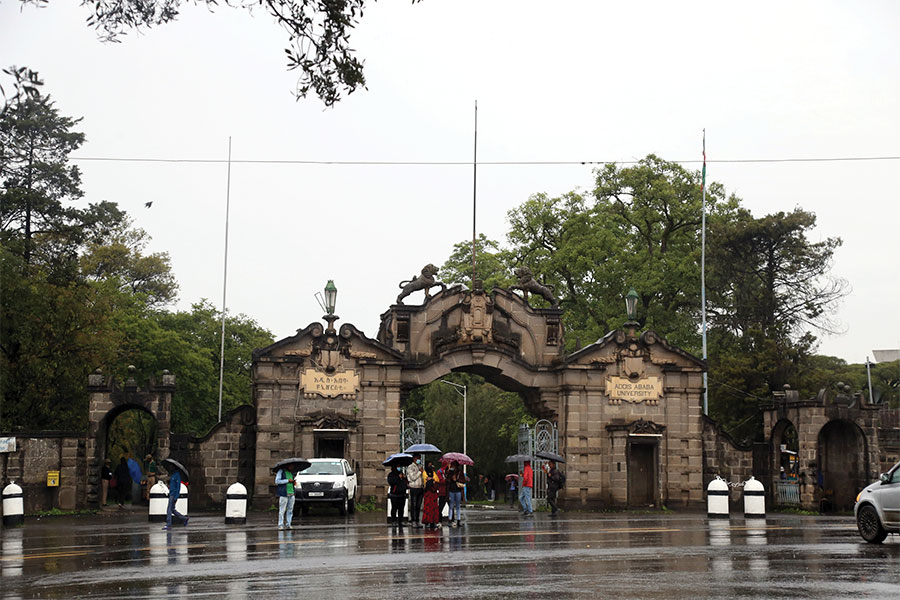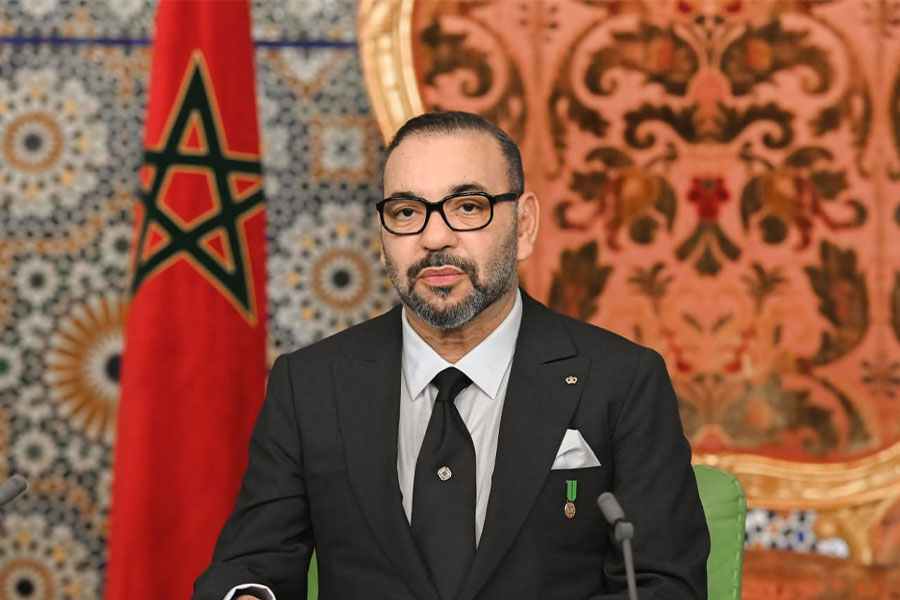
Jun 29 , 2024
By Kidist Yidnekachew
The frustration simmered as I squeezed onto the overcrowded bus, a desperate escape from the city's unreliable transportation system. The journey stretched on, a slow crawl through congested streets choked by construction. My discomfort morphed into claustrophobia, and I could not help but think back to my past ridicule of those who opted for the seemingly slower taxi queue. I made a mental vow: next time, I will wait for a taxi.
A man boarded through the front entrance, a privilege reserved for government officials or those with special bus IDs. Despite lacking the necessary identification, he confidently claimed government employee status and offered to pay his fare. Although the driver questioned his choice of entrance, the man, feigning ignorance of the rule, remained where he was. As the bus was already in motion with a barrier dividing the front section, there was no choice but to let him stay.
Their interaction sparked a profound realisation: in certain situations, seeking forgiveness can yield more favourable outcomes than clinging to the traditional "ask permission first" approach. The constant push for autonomy clashes with the need for structure, particularly when it comes to decision-making.
Do we meticulously seek approval beforehand, or do we act promptly and apologise later?
The age-old adage, "It's easier to beg forgiveness than ask permission," holds weight for a reason. While seemingly rebellious, it allows creativity, individual growth, and a spirit of initiative.
Advocates of the "forgiveness" strategy show its ability to expedite progress. The tedious process of seeking approval can stifle innovation. Leaders become entangled in bureaucratic red tape, and hierarchical systems hindering the blossoming of fresh ideas. By taking initiative and seizing fleeting opportunities, individuals unlock new possibilities and venture into uncharted territories.
Imagine a visionary entrepreneur with a groundbreaking product concept. The conventional path involves securing funding only after crafting a meticulously detailed business plan – a time-consuming process that might miss the optimal market window. By developing a prototype and showcasing its potential, the entrepreneur can seek forgiveness later, leveraging momentum and real-world validation.
The act of seeking forgiveness fosters a culture of ownership and responsibility. When individuals take charge and seize the initiative, they become deeply invested in the outcome. The looming possibility of consequences acts as a powerful motivator, pushing them towards success. This sense of ownership transcends the mere avoidance of blame, inspiring a proactive approach to problem-solving and cultivating astute judgment.
However, it would be remiss to ignore the potential pitfalls associated with the "forgiveness" approach. Damage control becomes a time-consuming and resource-intensive endeavour.
An environment that overemphasizes seeking forgiveness can cultivate a disregard for authority. Unchecked ambition can morph into reckless audacity, especially in situations demanding meticulous planning and collaboration. Imagine a surgeon deviating from established protocols without informing colleagues, jeopardizing patient safety in the process. In such instances, seeking permission ensures everyone is on the same page, risks are averted, and expertise is effectively harnessed.
Ultimately, the success of seeking forgiveness hinges on one's ability to discern the prevailing circumstances. Before embarking on any course of action, a meticulous evaluation of factors is essential. One must assess the potential for rectification and the urgency of action needs to be weighed.
Is immediate action necessary, or can thoughtful planning yield a more favourable outcome? The level of trust and open communication within the affected team or organisation is crucial while independently managing any potential negative consequences that might arise.
PUBLISHED ON
Jun 29,2024 [ VOL
25 , NO
1261]


Fortune News | Aug 14,2022

Fortune News | Apr 15,2023

My Opinion | Mar 16,2024

Fortune News | Mar 26,2022

Editorial | Jun 29,2024

Advertorials | Jun 03,2025

Agenda | Oct 06,2024

Fortune News | Aug 12,2023

Editorial | Sep 14,2024

Radar | May 27,2023

My Opinion | 132151 Views | Aug 14,2021

My Opinion | 128561 Views | Aug 21,2021

My Opinion | 126482 Views | Sep 10,2021

My Opinion | 124091 Views | Aug 07,2021





Dec 22 , 2024 . By TIZITA SHEWAFERAW
Charged with transforming colossal state-owned enterprises into modern and competitiv...

Aug 18 , 2024 . By AKSAH ITALO
Although predictable Yonas Zerihun's job in the ride-hailing service is not immune to...

Jul 28 , 2024 . By TIZITA SHEWAFERAW
Unhabitual, perhaps too many, Samuel Gebreyohannes, 38, used to occasionally enjoy a couple of beers at breakfast. However, he recently swit...

Jul 13 , 2024 . By AKSAH ITALO
Investors who rely on tractors, trucks, and field vehicles for commuting, transporting commodities, and f...

Jul 12 , 2025
Political leaders and their policy advisors often promise great leaps forward, yet th...

Jul 5 , 2025
Six years ago, Ethiopia was the darling of international liberal commentators. A year...

Jun 28 , 2025
Meseret Damtie, the assertive auditor general, has never been shy about naming names...

Jun 21 , 2025
A well-worn adage says, “Budget is not destiny, but it is direction.” Examining t...

Jul 13 , 2025 . By YITBAREK GETACHEW
The Addis Abeba City Revenue Bureau has introduced a new directive set to reshape how...

Jul 13 , 2025 . By BEZAWIT HULUAGER
Addis Abeba has approved a record 350 billion Br budget for the 2025/26 fiscal year,...

Jul 13 , 2025 . By RUTH BERHANU
The Addis Abeba Revenue Bureau has scrapped a value-added tax (VAT) on unprocessed ve...

Jul 13 , 2025 . By NAHOM AYELE
Federal lawmakers have finally brought closure to a protracted and contentious tax de...